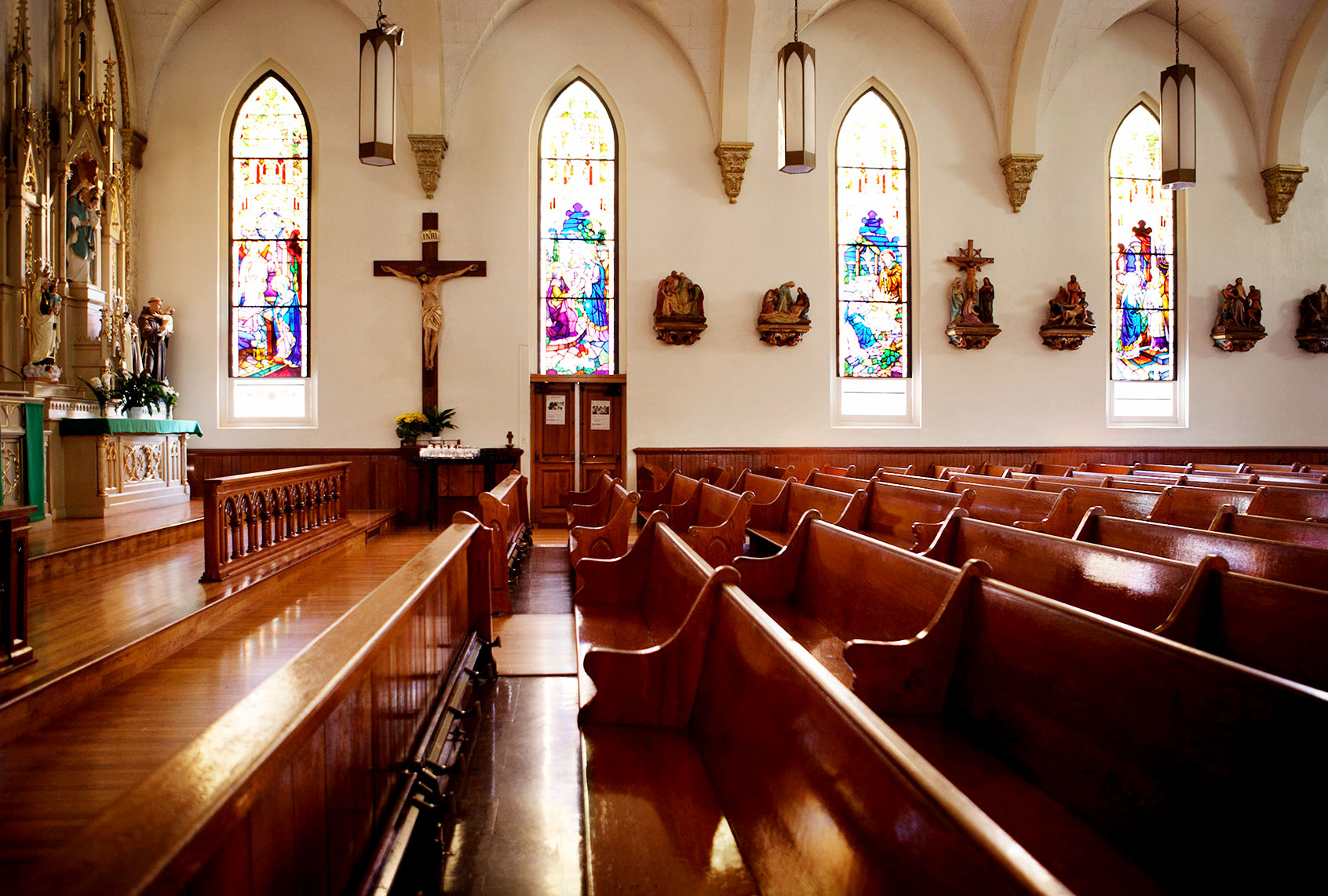For decades, far-right white evangelical Christian fundamentalists have feared the U.S. would, like Western Europe, become increasingly secular — and now, according to Gallup, that has come to pass.
Gallup has been polling Americans on their religious affiliations for 82 years, beginning in 1939. The polling company has been asking, “Do you happen to be a member of a church, synagogue or mosque?” And the answer went from 73% saying “yes” in the early 1940s to only 47% saying “yes” in the early 2020s. It’s a staggering and monumental decline.
Journalist Eric Levitz analyzes this polling in an article published by New York Magazine this week, arguing that it his significant implications for American politics.
Levitz argues, “In assigning culpability for this trend, one could assemble a long list of plausible co-conspirators. The ascendance of the evangelical right likely damaged Christianity’s brand with social liberals by associating the faith with theocratic politics, while pedophilic priests and their enablers surely drove no small number of American Catholics from the pews.”
Levitz goes on to note that in the U.S., Gallup polling shows that millennials are generally less religious than their parents and grandparents.
“Two-thirds of Americans born before 1946 belong to a religious institution, according to Gallup,” Levitz points out. “That drops to 58% among Baby Boomers, 50% among Generation X and 36% among millennials. The pollster’s limited data from Zoomers indicates that they are roughly as irreligious as their cooler, wiser immediate predecessors.”
In Western Europe, the far-right white evangelical movement led by Christian fundamentalists like Pat Robertson, Dr. James Dobson, Tony Perkins and the late Moral Majority founder Jerry Falwell, Sr. didn’t catch on the way it did in the U.S. — where white evangelicals have been a major voting block within the Republican Party. Even European Christians who go to church are likely to favor a separation of church and state and be non-fundamentalist in their views. And the U.S., according to Levitz, is moving more in that direction — much to the Christian right’s dismay.
Levitz argues that as Americans become increasingly secular in their views, far-right evangelicals will respond in an authoritarian way — including voter suppression.
Levitz writes, “Whatever its impact on the GOP, the implications of creeping secularism are more dire for social conservatives. The Republican Party can ultimately retain political power by bringing its policy commitments into slightly closer alignment with public opinion. That is not an option for the Christian right’s true believers. As a result, the movement is becoming forthrightly anti-democratic. On the one hand, the moral minority hopes to impose its will on the nation by judicial fiat. On the other, it aims to disenfranchise the heathen majority.”


